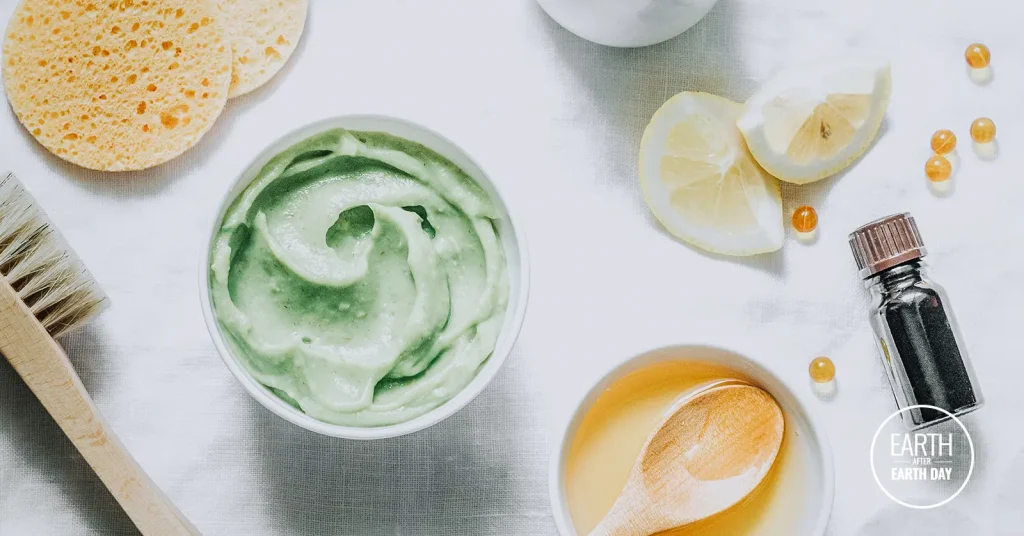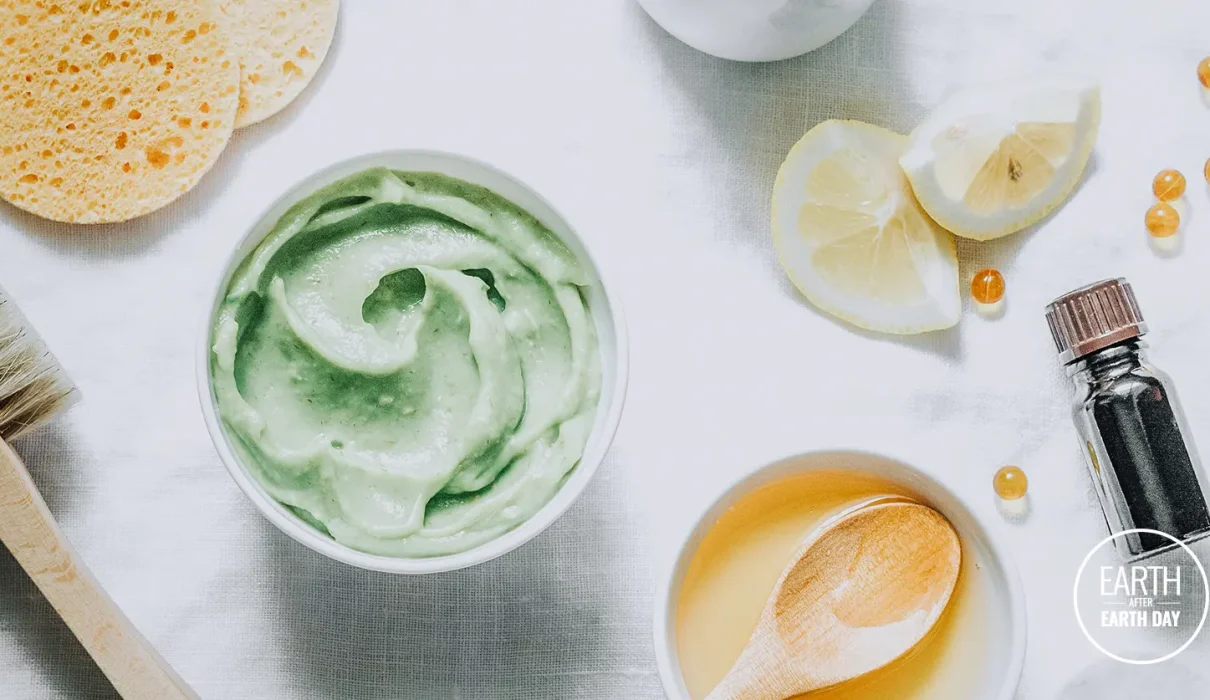Why Make DIY Zero Waste Beauty Products?
DIY zero waste beauty products cut out plastic, excess packaging, and unknown chemicals—giving you control over every ingredient and reducing your environmental impact. By using natural ingredients and reusable storage, homemade formulas are safe, cost-effective, and friendly even for the most sensitive skin. Building a DIY routine is also a creative, empowering way to rethink daily self-care and minimize landfill waste.
Explore more low-impact skincare inspiration in our Zero-Waste Beauty hub and Green Packaging guides.

10 DIY Zero Waste Beauty Recipes for 2025
1. Cleansing Bar or Makeup Remover
Melt coconut oil, combined with a dash of beeswax and castile soap for a solid bar that gently lifts dirt and makeup. Pour into a reused tin or jar to set.
2. Sugar or Salt Body Scrub
Mix ½ cup sugar (or sea salt) with ½ cup oil (olive, coconut, jojoba) and 5 drops of essential oil. Store in a glass jar. Scrub gently and rinse for smooth skin.
3. Oatmeal Face Mask
Blend ground oats, ripe banana, and plain yogurt. Apply for 15 minutes; rinse with warm water. Soothes, hydrates, and calms inflammation.
4. Charcoal & Clay Detox Mask
Mix 1 tbsp baking soda, 1 tbsp activated charcoal, and 1 tbsp bentonite clay. Add water until you get a smooth paste. Spread on face; rinse after 10 minutes.
5. DIY Lip Balm
Grate 3 tbsp cocoa butter, mix with 1 tbsp olive oil and a few drops of your favorite essential oil (lemon, mint, lavender). Pour into tins/jars and let cool.
6. Toothpaste Paste
Combine coconut oil, baking soda, and peppermint oil. Whip to a smooth paste and store in a glass jar for zero-waste brushing.
7. Hair Removal Sugar Wax
Boil 2 cups sugar, ¼ cup lemon juice, and enough water to create a honey-toned syrup. Cool and use with reusable cotton strips.
8. Reusable Makeup Remover Pads
Cut up old cotton t-shirts or flannel into circles. Use with homemade oil cleanser for gentle, washable, zero-waste cleansing.
9. Solid Deodorant Bar
Blend coconut oil, baking soda, arrowroot powder, and essential oil. Press into a repurposed jar; let harden.
10. Multi-Use Balm for Lips, Cuticles & Dry Patches
Mix shea butter, beeswax, and almond oil. Use on lips, elbows, and cuticles for lasting moisture without packaging.
More recipes and ingredient profiles in Homemade Beauty and Zero-Waste Beauty.
Core Ingredients and Tools for Zero Waste Recipes
| Ingredient | Zero-Waste Use | Storage Tip |
|---|---|---|
| Coconut oil | Cleanser, scrub, balm | Glass jar, tin, bowl |
| Oats | Face mask, gentle exfoliation | Mason jar, compostable pouch |
| Beeswax | Lip balm, solid deodorant | Metal tins, upcycled jars |
| Baking soda | Toothpaste, deodorant, masks | Airtight glass container |
| Clay (bentonite) | Detox masks | Ceramic bowl |
| Reusable pads | Makeup removal, toner | Mesh laundry bag |
Tools: Use wooden spoons, bowls, and recycled glass/tin jars to keep routines zero waste.
Tips for Storage and Plastic-Free Packaging
- Use glass jars, metal tins, or compostable silicone molds for storage.
- Reuse containers from finished products; sterilize before refilling.
- Cut old cotton fabric for DIY pads or strips.
- Label each product with a date to track freshness.
- Refill small travel containers for on-the-go use.
Reduced Waste Routine Swaps and Habits
- Swap disposable wipes for microfiber cloths/bamboo pads.
- Ditch pump bottles for solid bars and powders.
- Store dry products in compostable pouches or recycled tins.
- Compost natural leftovers and packaging whenever possible.
- Use local bulk stores to source core ingredients, avoiding plastic.
Step-by-step guides and swaps in Zero-Waste Beauty and practical storage tips in Green Packaging.
FAQs: DIY Zero Waste Beauty Products
Q: Are DIY zero waste products safe for sensitive skin?
A: Yes—most recipes feature gentle, plant-based ingredients. Always patch test new formulas.
Q: How long do homemade products last?
A: Most last for 1–2 weeks if kept cool and sterile. Lip balms and solid deodorants last months.
Q: Can I personalize recipes for my skin/hair needs?
A: Absolutely! Adjust oils, exfoliants, and essential oils based on preference.
Q: Why are glass, metal, and reusable fabric recommended?
A: They help prevent plastic waste and are easy to clean, reuse, and recycle.

